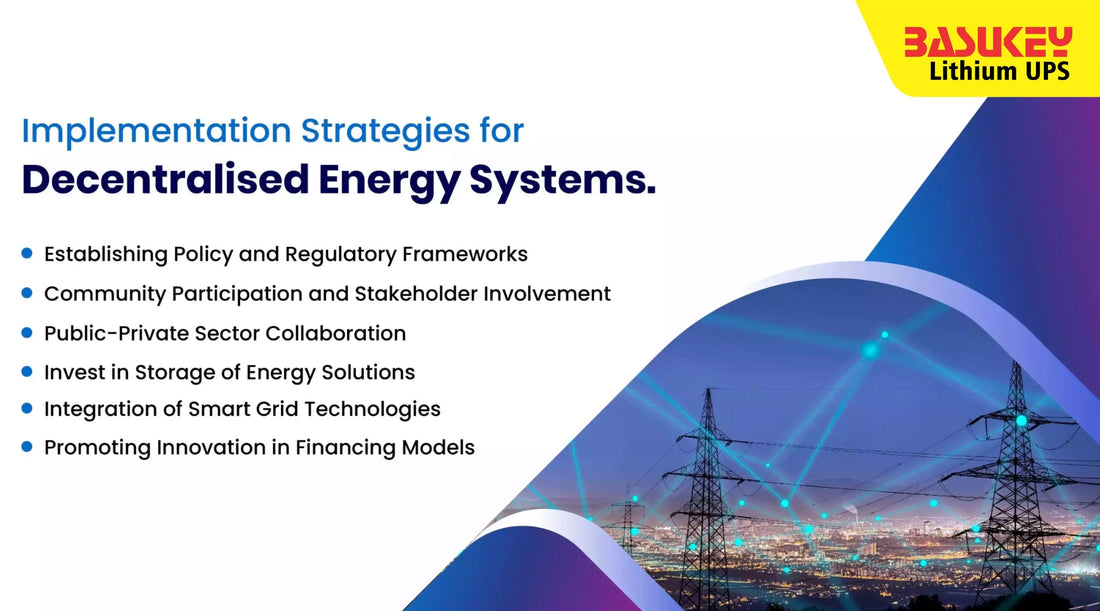
Decentralized Power Systems: The New Paradigm for Electricity
Share
Decentralized power systems are revolutionizing the way we think about electricity generation and distribution. In this blog post, we will explore the concept of decentralized power systems and why they are becoming the new paradigm for electricity.
What are Decentralized Power Systems?
Decentralized power systems, also known as distributed energy systems, involve generating electricity at or near the point of use, rather than relying on a centralized power plant. This can include technologies such as solar panels, wind turbines, and microgrids.
Why are Decentralized Power Systems Gaining Popularity?
Decentralized power systems offer numerous benefits, including increased energy efficiency, reduced transmission losses, and improved grid resilience. By generating electricity closer to where it is consumed, decentralized systems can also reduce the need for costly infrastructure upgrades.
What is the Impact on the Environment?
Decentralized power systems have the potential to significantly reduce greenhouse gas emissions and combat climate change. By utilizing renewable energy sources such as solar and wind, these systems can help to create a more sustainable energy future.
How Reliable are Decentralized Power Systems?
Decentralized power systems can actually improve reliability compared to traditional centralized systems. By incorporating energy storage technologies and smart grid capabilities, decentralized systems can better respond to fluctuations in demand and supply, ensuring a more stable and resilient electricity grid.
What is the Role of Consumers in Decentralized Power Systems?
Consumers play a crucial role in decentralized power systems. By becoming prosumers—both consumers and producers of electricity—individuals and businesses can contribute to the overall stability and efficiency of the grid. This shift towards a more interactive and participatory energy system empowers consumers to take control of their energy usage.
As the world continues to transition towards a more sustainable and resilient energy future, decentralized power systems are poised to play a key role in shaping the electricity landscape. By embracing this new paradigm, we can create a more efficient, reliable, and environmentally friendly energy system for generations to come.
